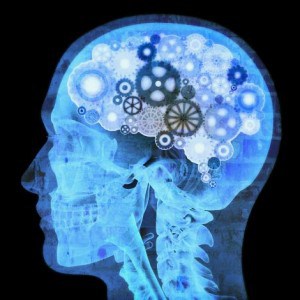
The researchers examined the relationship between divergent thinking—the ability to generate novel solutions to problems—and autistic traits. They collected data from 312 people (including 75 who reported having an ASD diagnosis) who completed an anonymous online questionnaire. The questionnaire involved a survey of autistic traits and a series of creativity tests. The divergent thinking test asked participants to come up with alternative uses for a paperclip or a brick. Another test asked participants to provide as many interpretations as possible for each figure in an abstract drawing. The researchers rated responses to these tests based on quantity, elaborateness, and unusualness.
Participants with high levels of autistic traits produced fewer responses in the divergent thinking tasks, but their responses were more creative. The participants who generated four or more unusual responses had higher levels of autistic traits than participants who generated fewer unusual responses. However, in response to the abstract drawing task, a higher number of ideas was correlated to a lower level of autistic traits.
Dr. Martin Doherty of UEA’s School of Psychology explained that people with autistic traits may take a different approach to creativity. “They might not run through things in the same way as someone without these traits would to get the typical ideas, but go directly to less common ones. In other words, the associative or memory-based route to being able to think of different ideas is impaired, whereas the specific ability to produce unusual responses is relatively unimpaired or superior.”
The findings could help reconcile the rigid-thinking aspects of ASD with the fact that many people with ASD are highly creative. The study may also help researchers understand the relationship between creativity and problem solving.
This research is published in the Journal of Autism and Developmental Disorders.
Previous news in autism:



 © 2024 Unyte Health US Inc.
© 2024 Unyte Health US Inc.